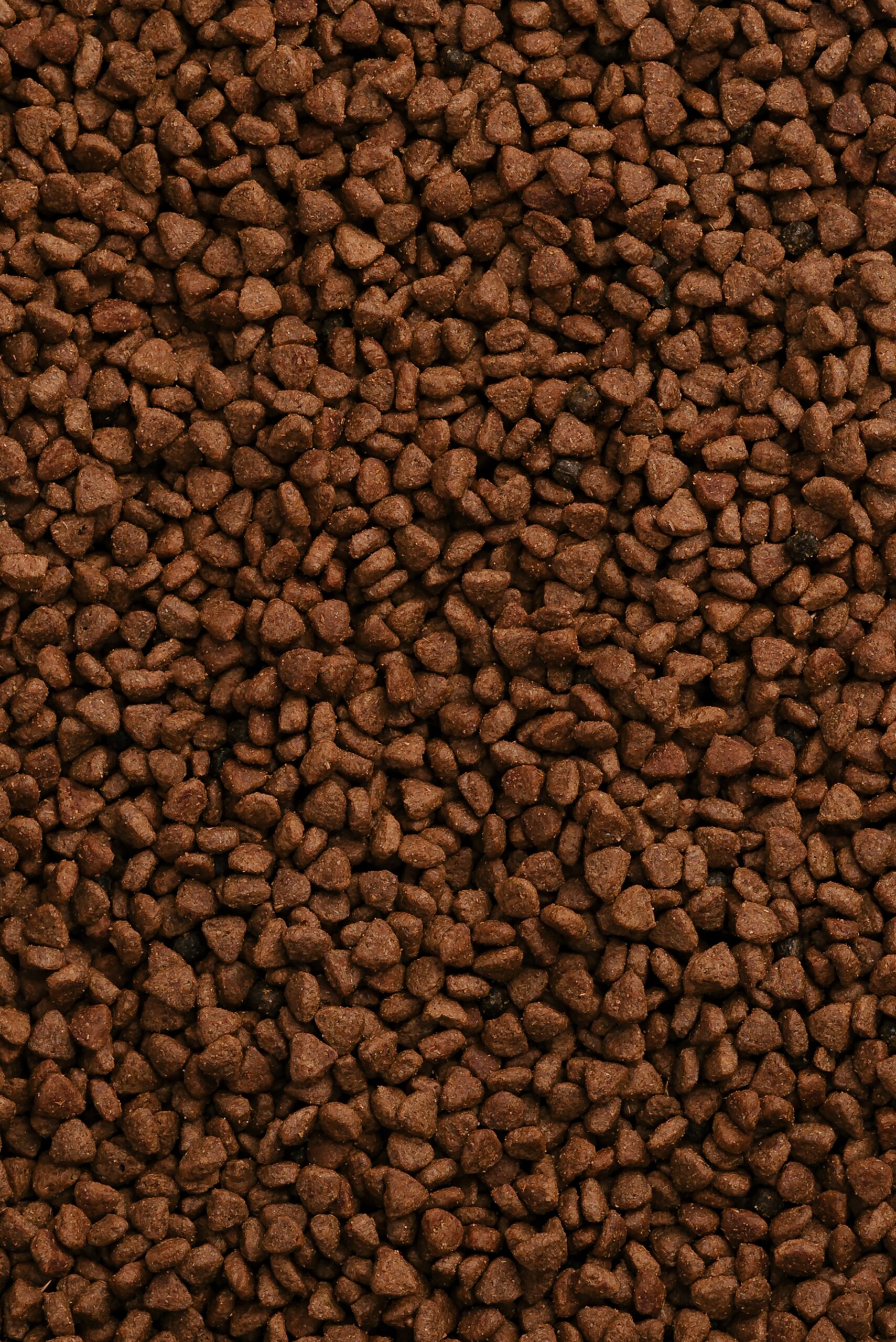If you are a dog owner, you understand the importance of providing your furry friend with a balanced diet that meets their nutritional needs at every stage of their life. From puppies to adult dogs and senior canines, each age group requires specific nutrients to support their growth, energy levels, and overall health. In this article, we will explore the key considerations when choosing the right nutrition for your dog, ensuring they receive the optimal diet for their age and wellbeing.
Puppies
Puppies have unique nutritional needs that are essential for their growth and development. During this stage, it is crucial to provide them with the right balance of nutrients to support their growing bodies.
Nutritional Needs
Puppies require a diet that is rich in proteins, fats, carbohydrates, vitamins, and minerals. These nutrients are vital for their muscle development, bone growth, and overall health. Protein is especially important for puppies as it aids in the formation of tissues and helps build a strong immune system. Fats provide energy and help absorb fat-soluble vitamins. Carbohydrates are a source of energy, while vitamins and minerals play a crucial role in various bodily functions.
Recommended Nutritional Guidelines
When choosing food for your puppy, it is essential to look for options that meet the AAFCO (Association of American Feed Control Officials) requirements for growth. These guidelines ensure that the food contains the necessary nutrients your puppy needs to thrive. Additionally, selecting a high-quality, commercially available puppy food is recommended as it is specifically formulated to meet the nutritional needs of growing puppies.
Choosing the Right Puppy Food
When selecting puppy food, it is important to consider factors such as the brand’s reputation, ingredients, and any specific dietary requirements your puppy may have. Look for a brand that uses high-quality ingredients, avoids artificial additives, and has a good track record for producing reliable, safe products. Additionally, consult with your veterinarian to determine if there are any specific dietary needs or restrictions for your puppy.
Portion Control
Proper portion control is essential to prevent overfeeding and obesity in puppies. Follow the feeding guidelines provided on the puppy food packaging, but also take into account your puppy’s individual needs and activity level. Monitor your puppy’s body condition and adjust the portion size accordingly. It is better to feed smaller, more frequent meals to puppies, as their stomachs are smaller and they have higher energy needs compared to adult dogs.

Adult Dogs
As dogs enter adulthood, their nutritional needs shift from rapid growth to maintenance and overall health. Providing a well-balanced diet is essential to keep adult dogs in optimal condition and prevent nutritional deficiencies or excesses.
Nutritional Needs
Adult dogs require a balanced diet that includes proteins, carbohydrates, fats, vitamins, and minerals. The percentage of these nutrients may vary depending on factors such as breed, size, activity level, and overall health. Protein remains crucial for muscle maintenance, while carbohydrates provide an energy source. Adequate fat intake is necessary for various bodily functions, including the absorption of fat-soluble vitamins. Vitamins and minerals continue to play vital roles in supporting the immune system and overall well-being.
Recommended Nutritional Guidelines
Choosing an adult dog food that meets the AAFCO requirements for maintenance is the first step in ensuring your adult dog receives adequate nutrition. Look for options specifically labeled for adult dogs and check for the AAFCO statement of nutritional adequacy on the packaging. Additionally, consider your dog’s specific needs, such as breed size or health concerns, when selecting the right food.
Choosing the Right Adult Dog Food
When selecting adult dog food, it is essential to consider factors such as the quality and source of ingredients, brand reputation, and any specific dietary requirements your dog may have. Opt for high-quality, reputable brands that prioritize the use of real, whole food ingredients. If your dog has any health conditions or allergies, consult with your veterinarian to find a suitable food option that meets their unique needs.
Portion Control
Maintaining an appropriate portion size is vital for adult dogs to prevent weight gain or obesity. Follow the feeding guidelines provided on the dog food packaging as a starting point, but keep in mind that individual calorie needs may vary based on factors such as activity level and metabolism. Regularly assess your dog’s body condition and adjust the portion size as needed. Dividing their daily food into two or three meals can help with digestion and prevent overeating.

Senior Dogs
As dogs age, their nutritional needs change once again. Senior dogs require specific nutrients to support their aging bodies and maintain their overall health and well-being.
Nutritional Needs
Senior dogs generally benefit from a diet that is lower in calories and fat but higher in fiber, protein, and certain vitamins and minerals. Protein is crucial for maintaining muscle mass and supporting organ function. Fiber aids in digestion and can help prevent constipation, which is more common in older dogs. Reduced-fat content helps prevent weight gain and potential health issues. Senior dogs may also benefit from additional joint support supplements to manage arthritis or mobility issues.
Recommended Nutritional Guidelines
When choosing food for senior dogs, look for options specifically labeled for “senior” or “mature” dogs. These foods are typically formulated to meet the nutritional needs of aging dogs. It is also important to consider any specific health conditions, such as kidney disease or dental problems, and discuss dietary recommendations with your veterinarian.
Choosing the Right Senior Dog Food
Selecting a high-quality senior dog food is crucial for meeting your aging dog’s nutritional needs. Look for brands that use high-quality ingredients, avoid unnecessary fillers, and incorporate specific nutrients aimed at supporting senior dogs. Consider factors such as the inclusion of joint support supplements or dental health benefits. If your senior dog has any specific dietary needs, consult with your veterinarian to find an appropriate food option.
Portion Control
Senior dogs may have reduced activity levels, which means they often require fewer calories than when they were younger. Pay attention to your dog’s body condition and adjust the portion size accordingly. It is important to prevent excess weight gain, as obesity can lead to other health issues. Splitting their daily food into smaller, more frequent meals can also aid digestion and prevent discomfort.
Stay tuned for the continuation of this article, covering Small Breed Dogs, Large Breed Dogs, Active Dogs, Overweight Dogs, Dogs with Allergies, Dogs with Medical Conditions, and Special Dietary Considerations.

